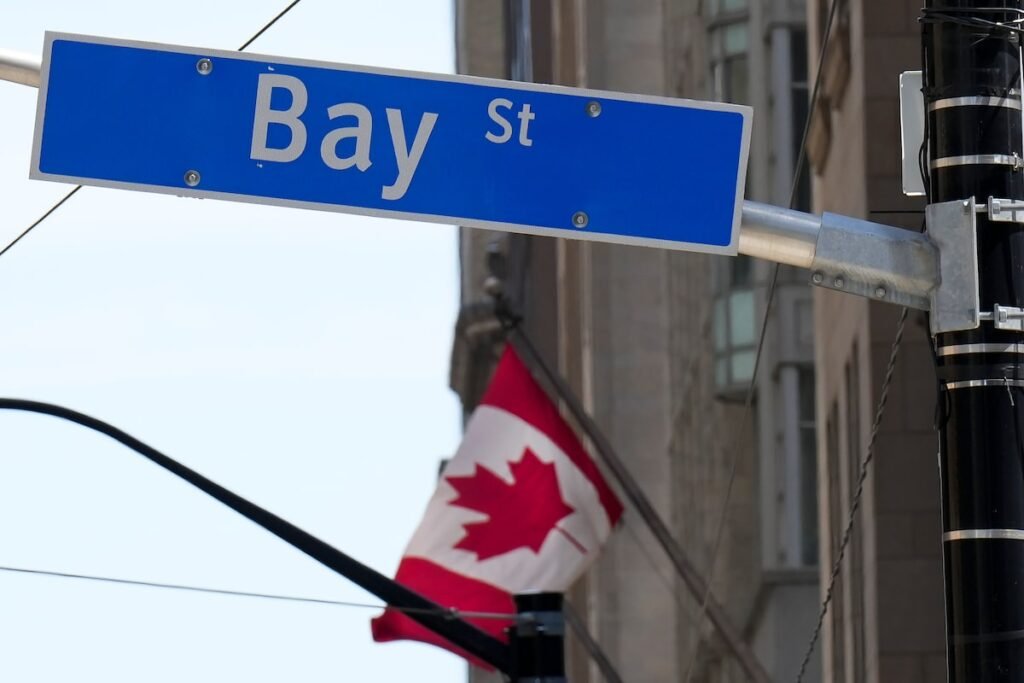In the strong bull market last year, there was a striking decline in the number of investors complaining about the suitability of their holdings.
The 2024 annual report for the Ombudsman for Banking Services and Investments shows a 38-per-cent year decline in complaints related to suitability compared to the previous year. Suitability is a core principle in investing advice – it speaks to how well-matched clients are with the securities in their portfolio. Are advisers nailing it?
I’ve seen much improvement in the quality of investment advice over the years – less selling of faddish, crowd-pleasing investments and more emphasis on diversified, low-cost portfolio building blocks. But the sharp drop in suitability complaints tell us much more about stock market conditions than the quality of advice. In the eyes of many investors, securities that go up in price are automatically suitable.
We’re already seeing a reversal of this glossing over of suitability. Stock markets have been choppy as a result of trade war uncertainty and investors are seeing sharp declines for some sectors and stocks.
Recent portfolio losses don’t necessarily indicate unsuitable investments. Even well-diversified portfolios have been losing ground lately. Suitability does become an issue when you own something with more risk than you are prepared to accept. Advisers are supposed to discuss suitability in depth when opening accounts with clients. Sometimes clients say they’re aggressive investors and then learn through bitter experience that they are not. And, sometimes advisers get clients into excessively risky investments to impress them with returns, or because commissions and fees may be higher.
Now’s an ideal time to assess the suitability of your holdings. Lots of investors will be doing this, and we’ll likely see this documented in the 2025 OBSI annual report.
As for the 2024 annual report, suitability was tied with service issues as the top source of investment complaints. Both issues generated 110 cases, while fraud generated 93 and fee disclosure generated 74.
OBSI opened 649 investment complaints last year, down 2 per cent from 2023. OBSI investigates complaints against banks and investment companies and can recommend compensation. The average compensation last year was $12,235.

